GPS Coordinate: N 4°33’12.0” E 97°38’46’’
Field investigations have once again revealed new land clearing and roading within some of the most important remaining lowland rainforests in Indonesia. Located in the northeast section of the Leuser Ecosystem, the forests being destroyed are among the most valuable remaining habitat for critically endangered Sumatran elephants, who use the region being deforested as a crucial migration route connecting larger areas of intact forest.
PT. Indo Alam–the company responsible for this new deforestation–was already exposed earlier this year for ongoing deforestation. The newcomer to the palm oil industry is clearing land in the hope that one day it will be able to sell cheap Conflict Palm Oil to major snack food companies across the globe. The palm oil company controls over 1600 hectares of land in this critical elephant corridor and it has reduced the forest cover to 550 hectares. The company’s ongoing clearance of forests demonstrates a lack of enforcement by the Government of Indonesia of its own moratorium on land clearance for palm oil. This continued destruction also represents a failure by companies developing new plantations to comply with the “No Deforestation” policies of candymakers Nestlé, Mars, Mondelēz and Hershey’s. PT. Indo Alam has cleared a total of 127 hectares of forests since the President’s moratorium took effect.
Since the last investigation was released, Nestlé has issued a commitment stating that the Leuser Ecosystem is a priority ecosystem for its forest protection strategy. Hershey’s has stated that the protection of the Leuser Ecosystem is a priority in a statement released earlier this month, and Mars and Mondelēz are both claiming to be monitoring deforestation in the Leuser Ecosystem. These paper promises, and monitoring systems, are only valuable if they deliver an end to deforestation and protection of the critically important lowland rainforests of the Leuser Ecosystem. This latest investigation once again proves that Nestlé, Mars, Mondelēz and Hershey’s are failing to halt deforestation and protect and restore forests in the Leuser Ecosystem.
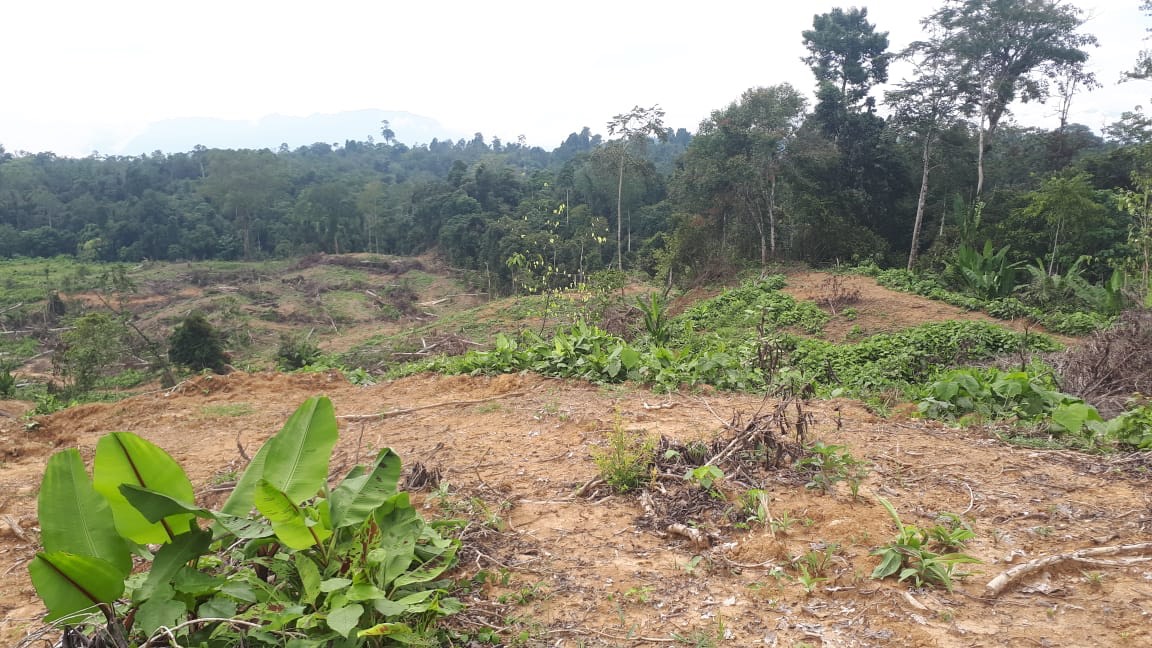
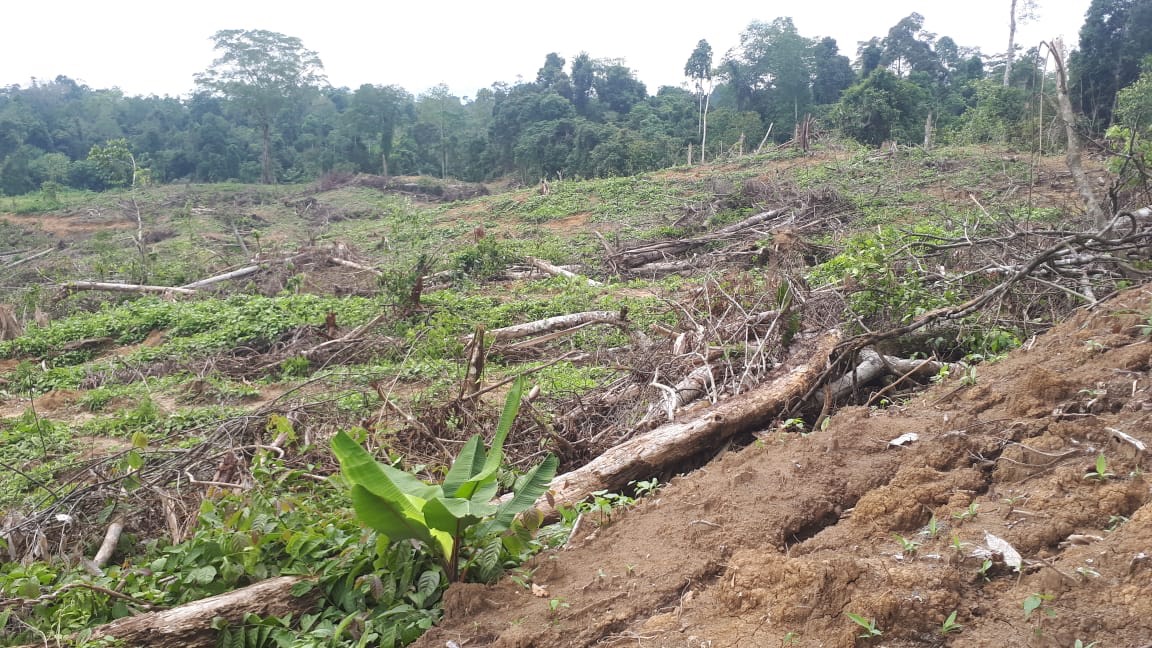
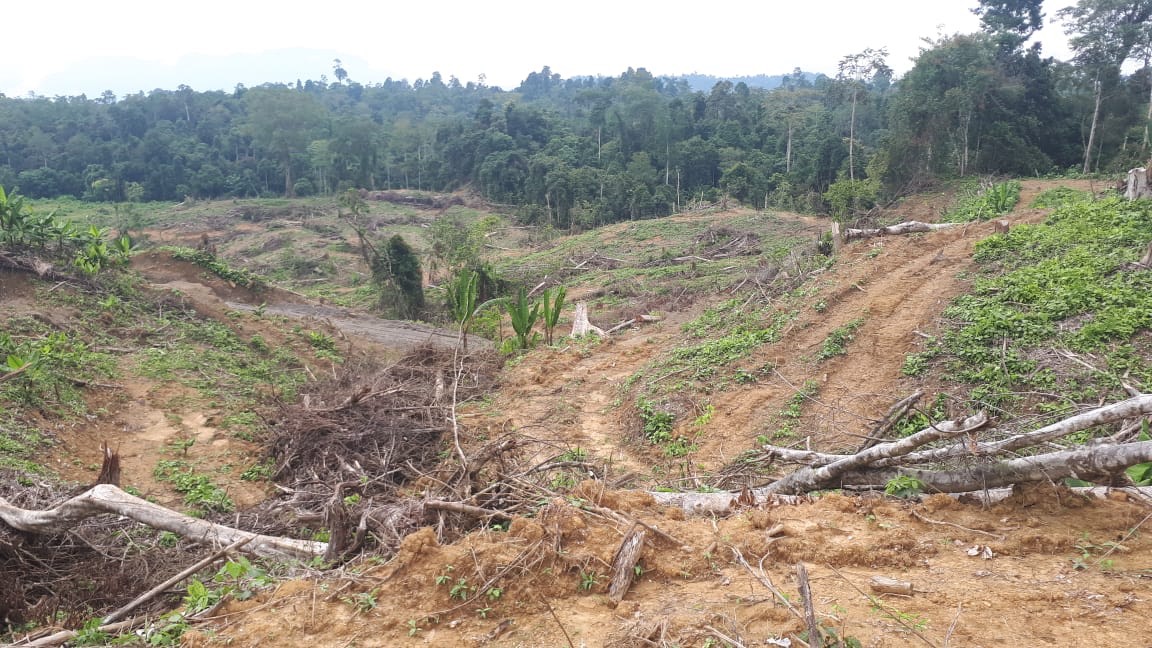
Field investigators have also uncovered new road building, extending for over 8 kilometers from lands designated for palm production into pristine forests designated as protected forests areas inside the Leuser Ecosystem. The best science from forest ecologists aligns with centuries of lived history by frontline forest communities: new roads are the single biggest threat to healthy forest ecosystems. This road will make way for just about every other cause of deforestation, from logging, mining and plantation development to invasive species and wildlife poaching.
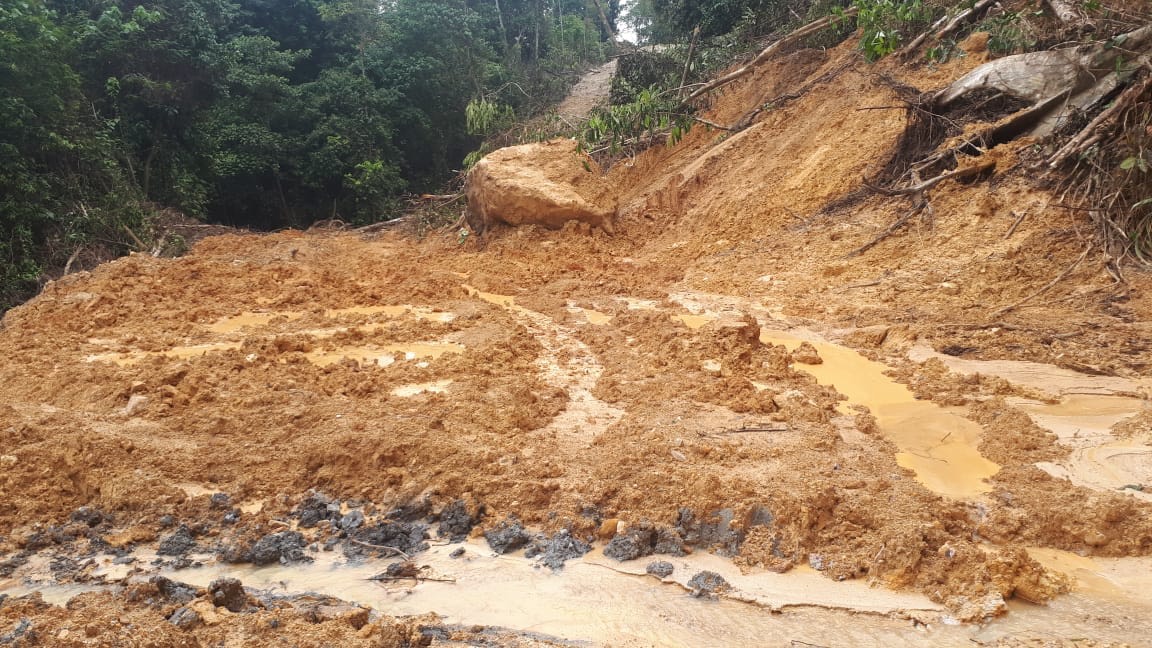
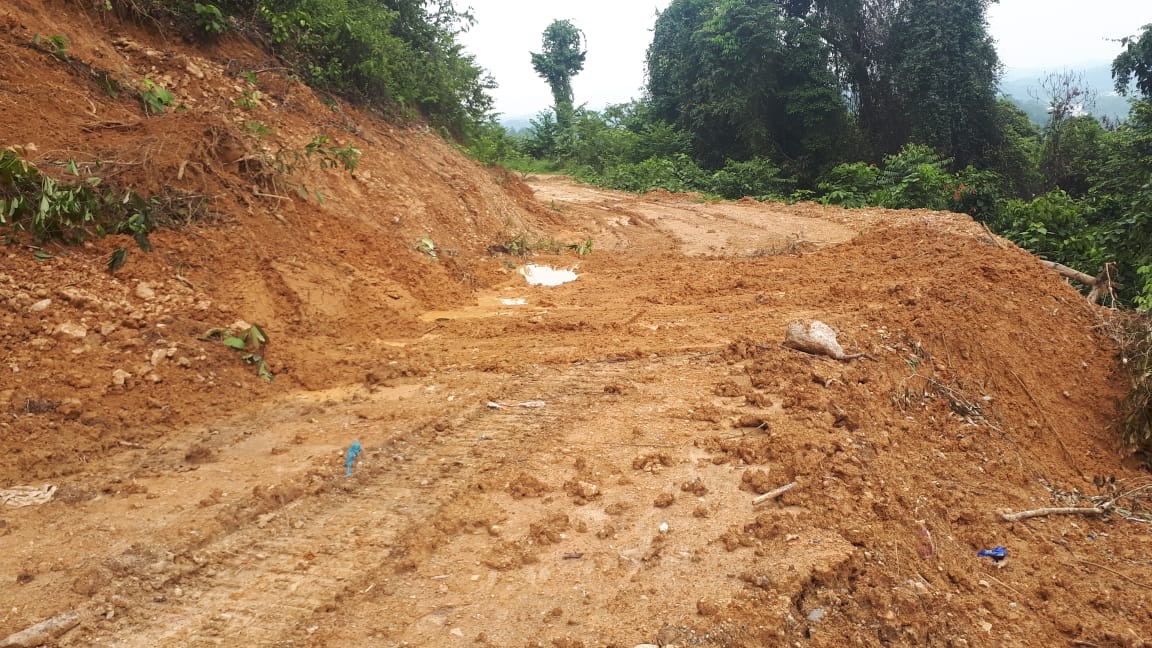
As shown in RAN’s recent case studies on the illegal destruction of the Rawa Singkil Wildlife Reserve, and on the ongoing deforestation of the Leuser Ecosystem’s lowland rainforests located in the Singkil-Bengkung region, the time for emergency interventions to protect the Leuser Ecosystem is now. There is no time for paper promises or for deforestation monitoring systems that do not result in the deployment of field teams to halt the bulldozers in their tracks before they destroy any more of the Leuser Ecosystem.
